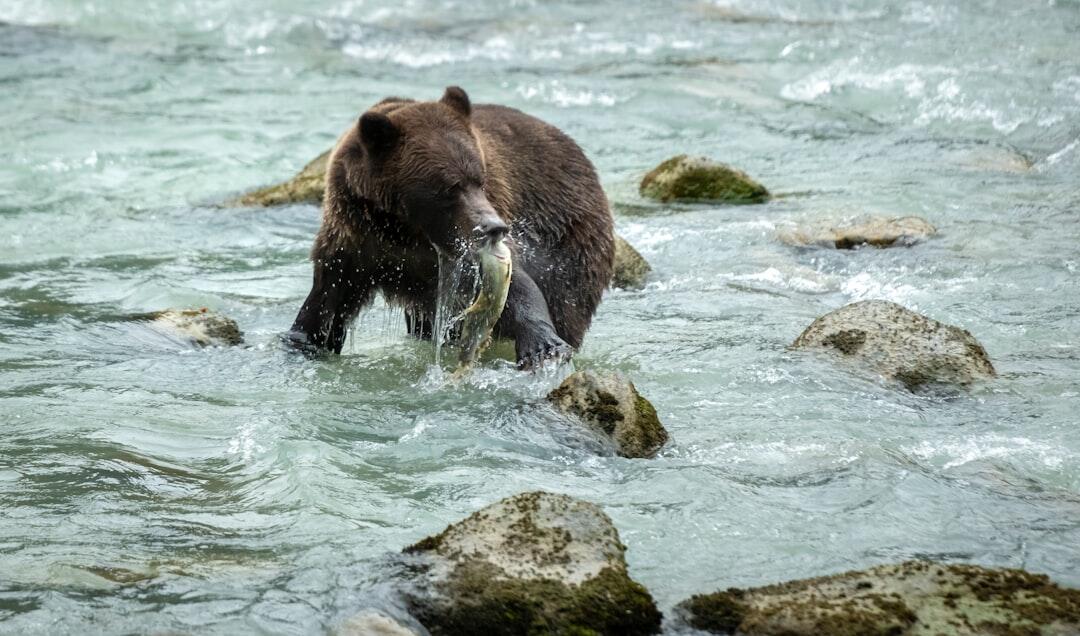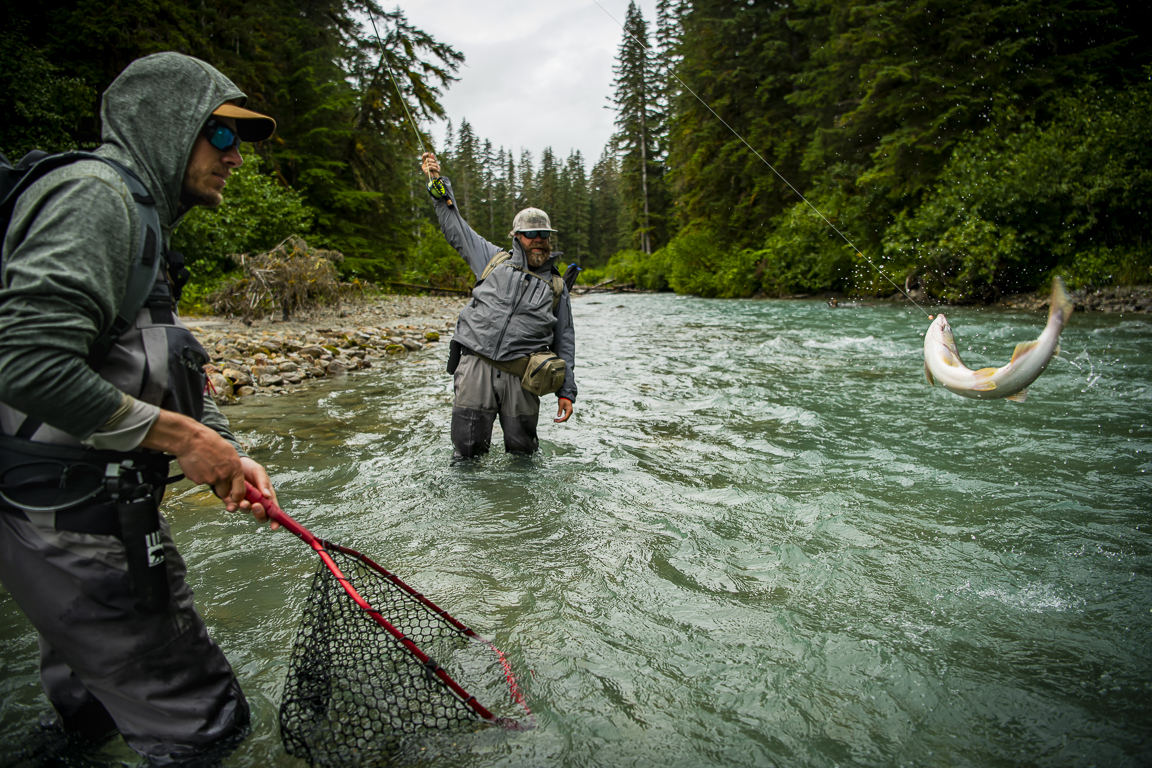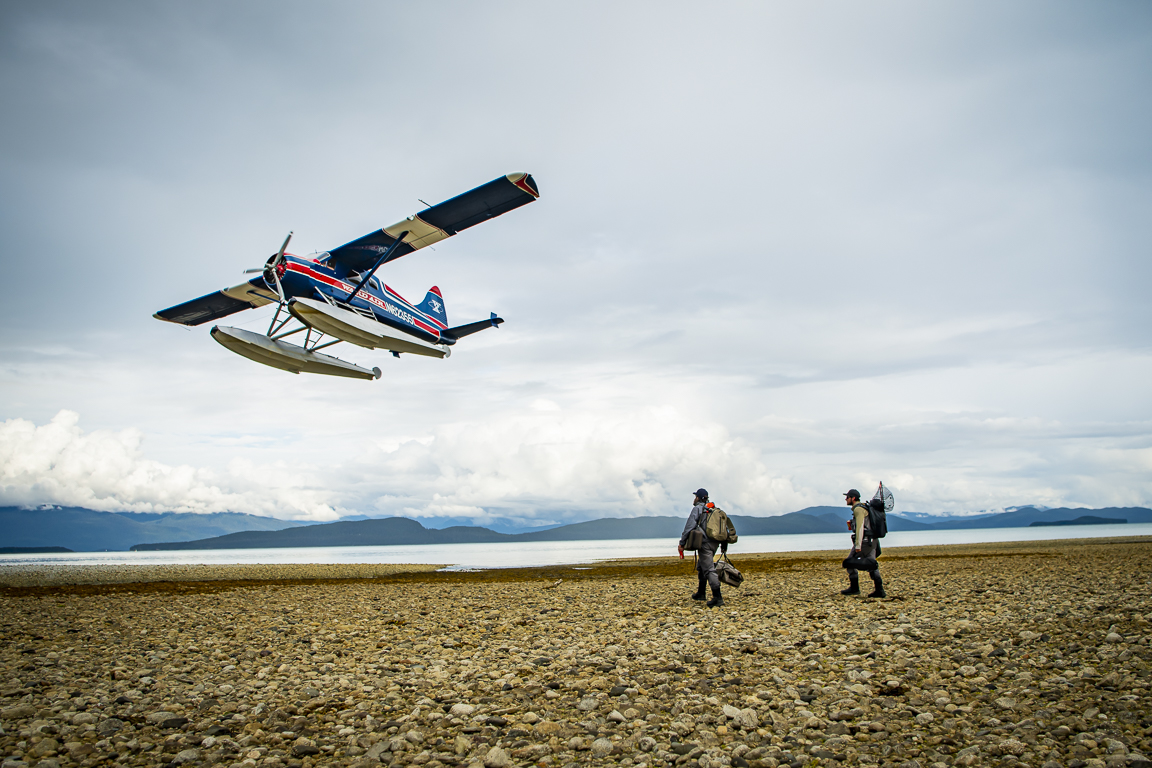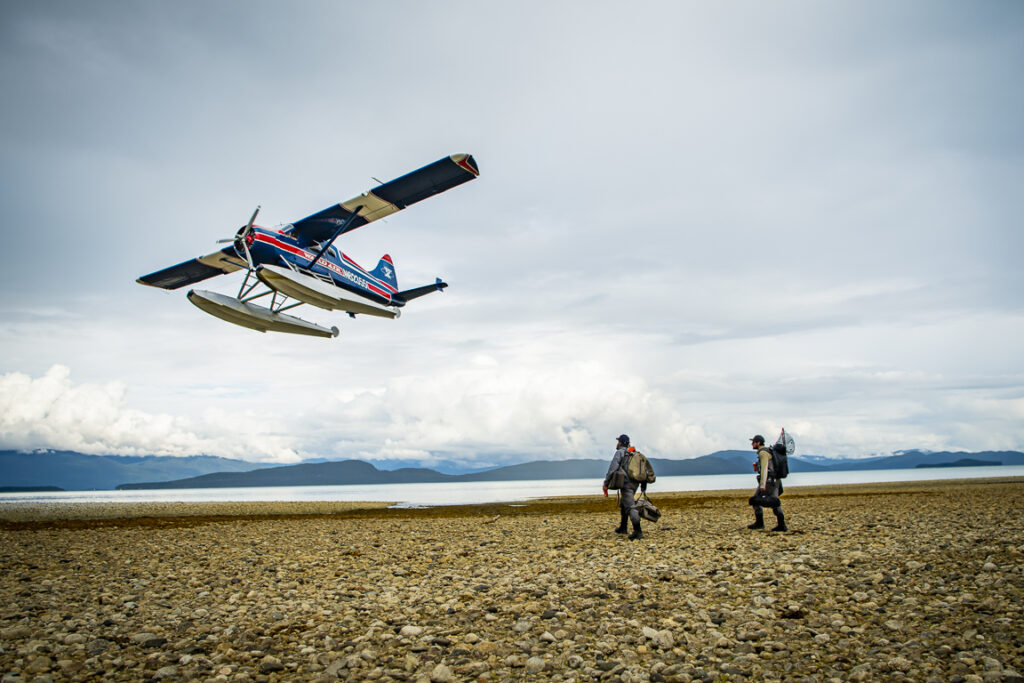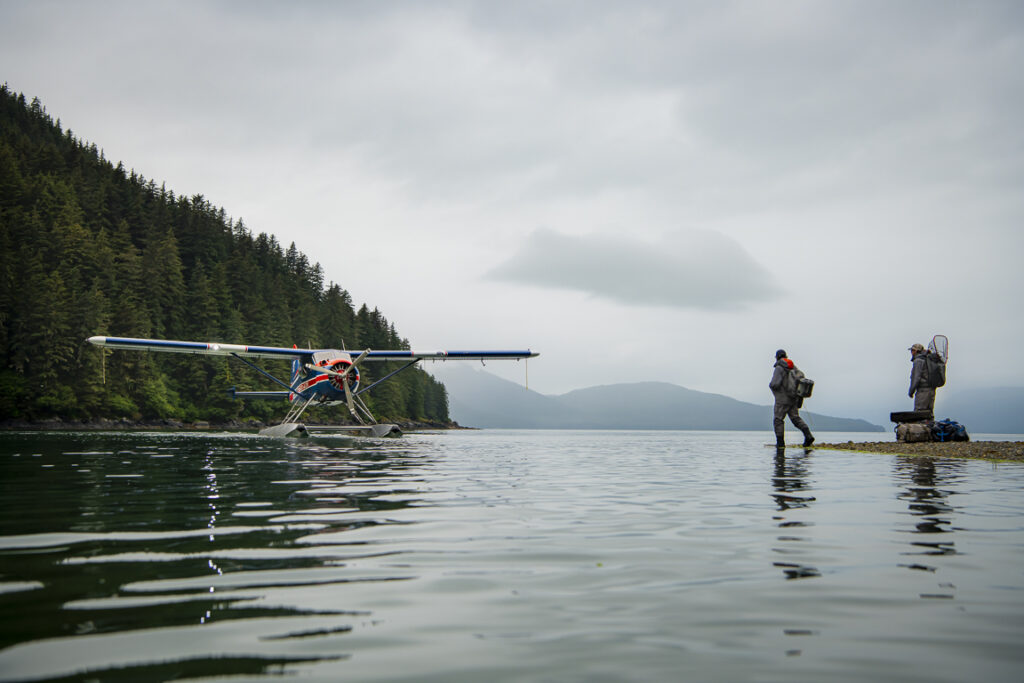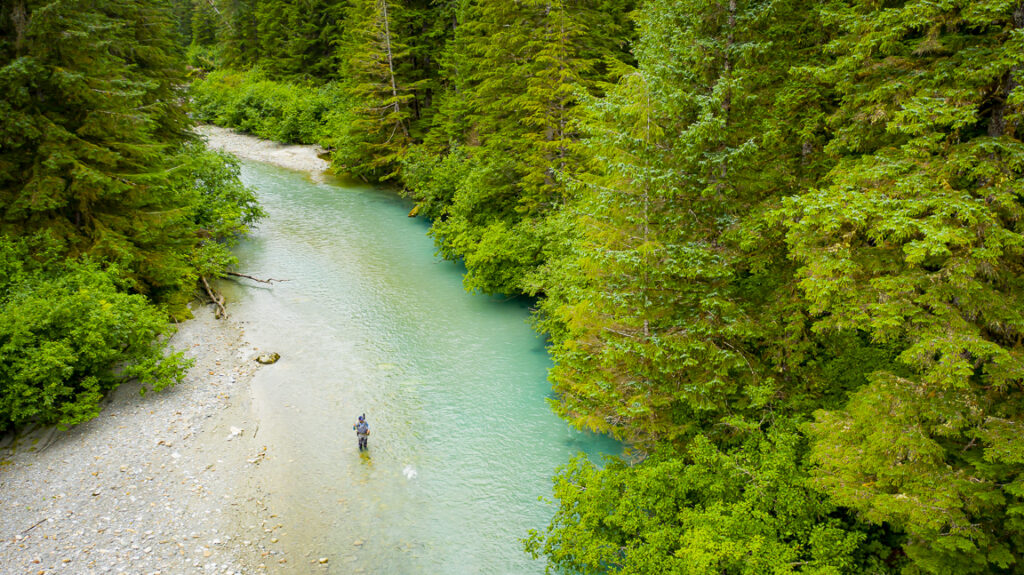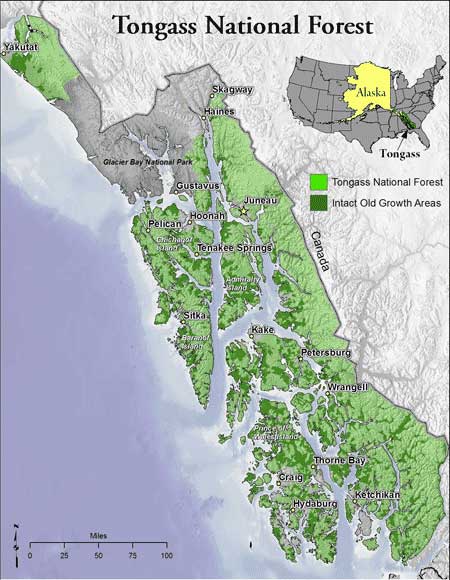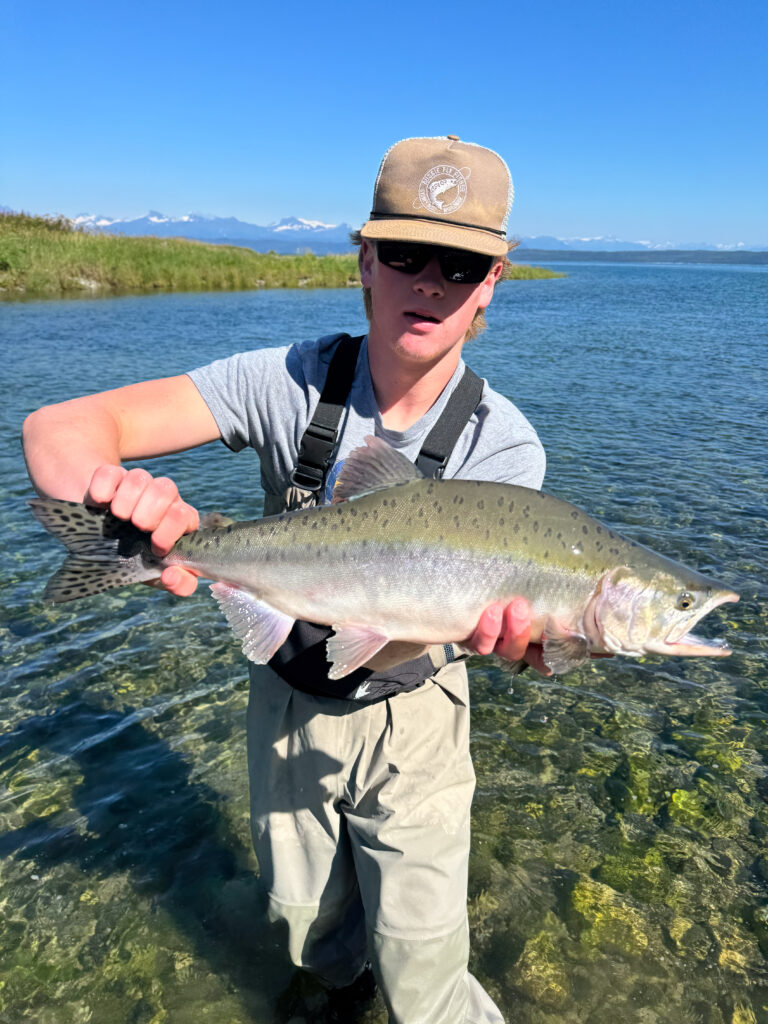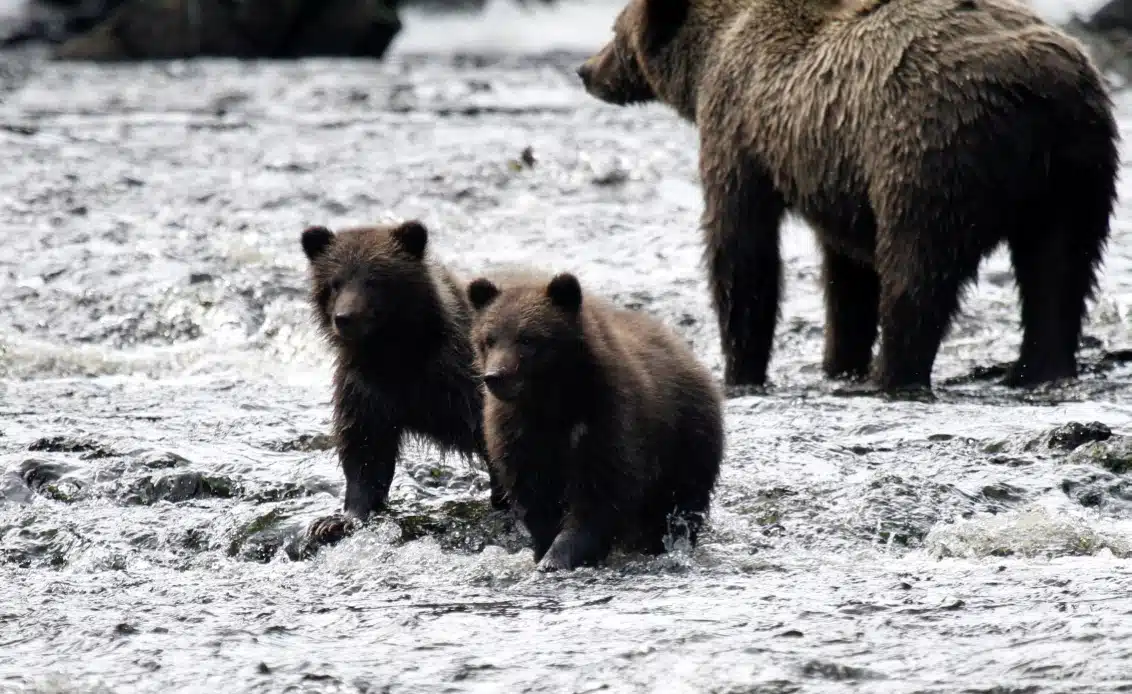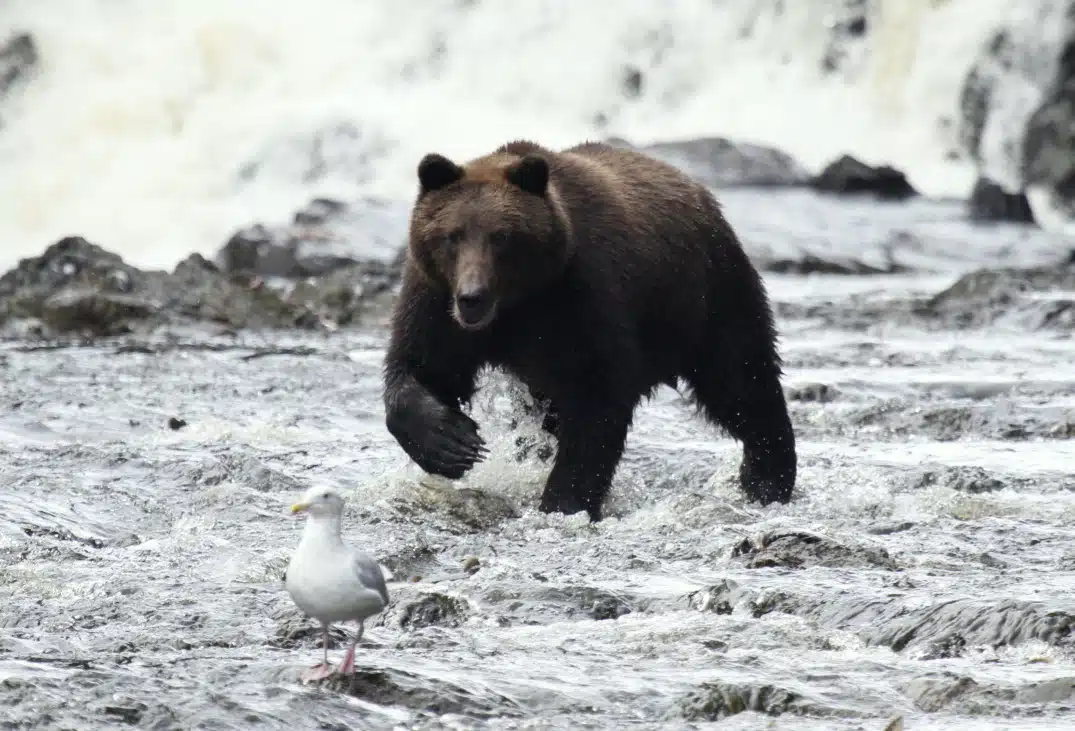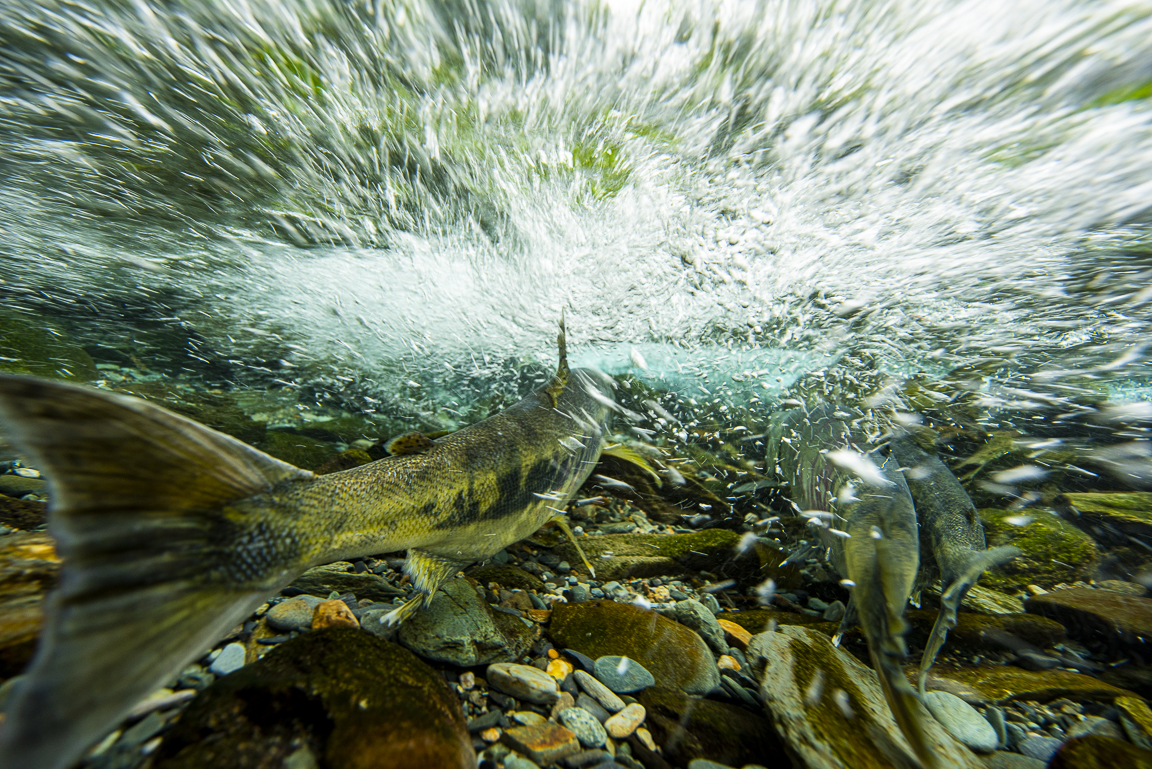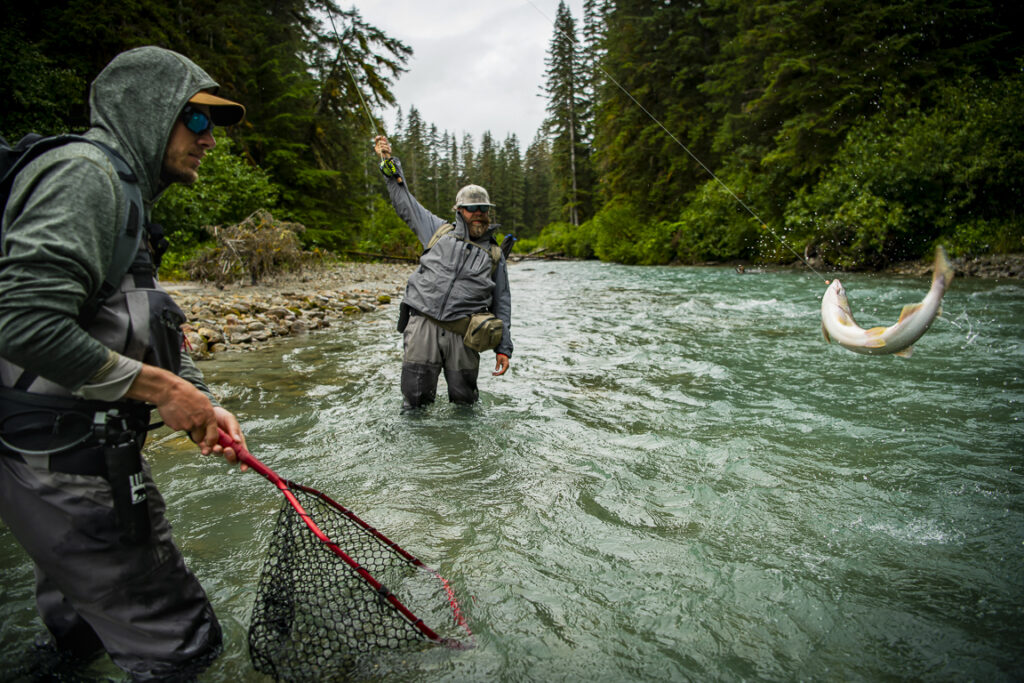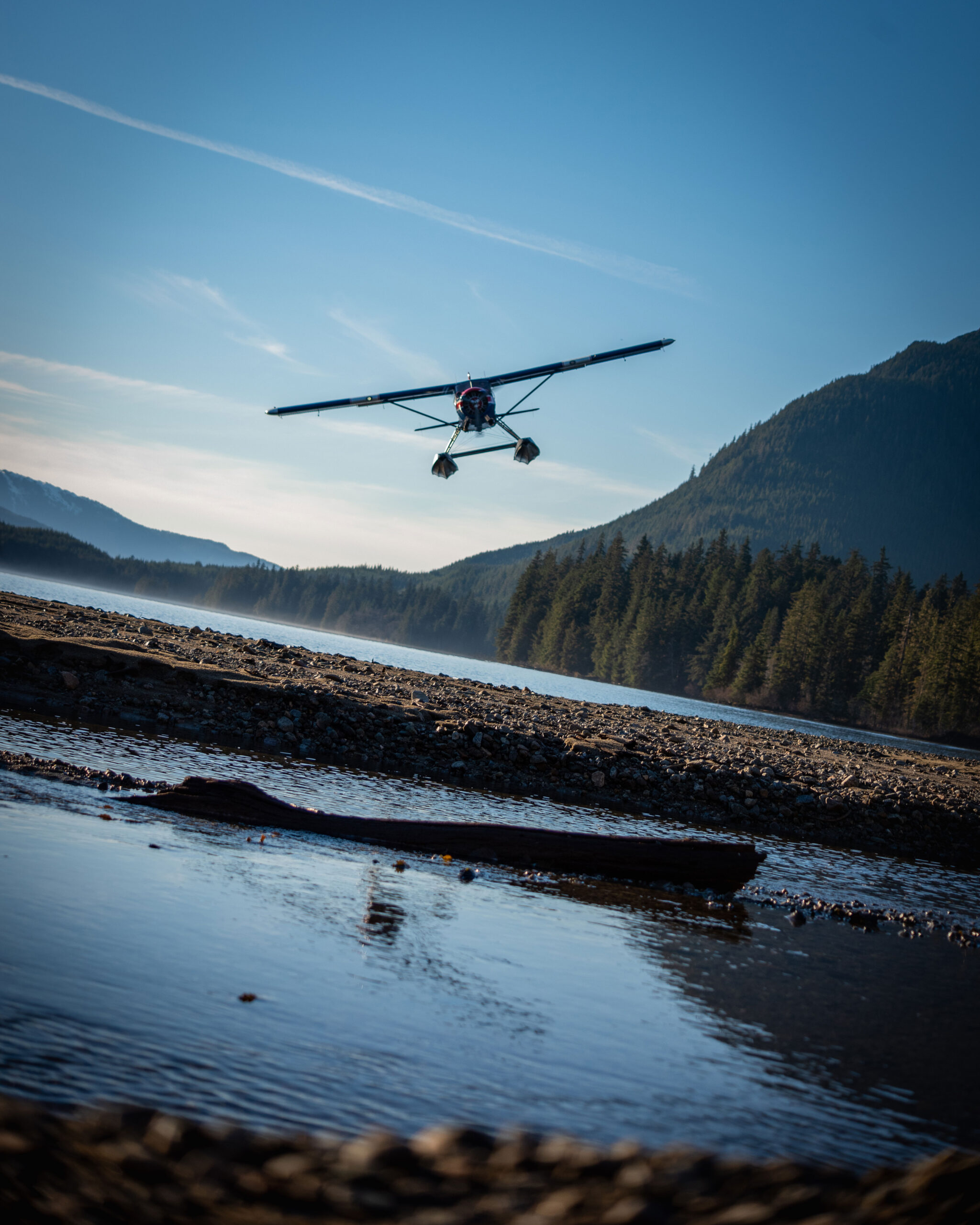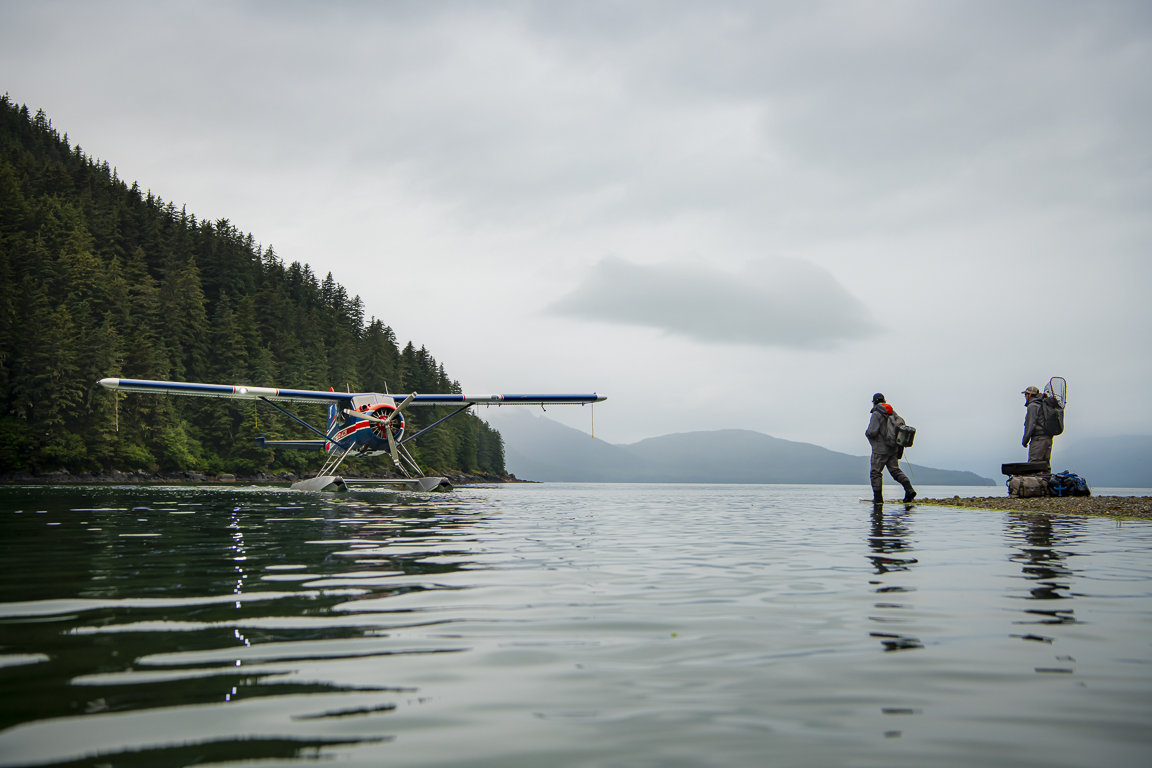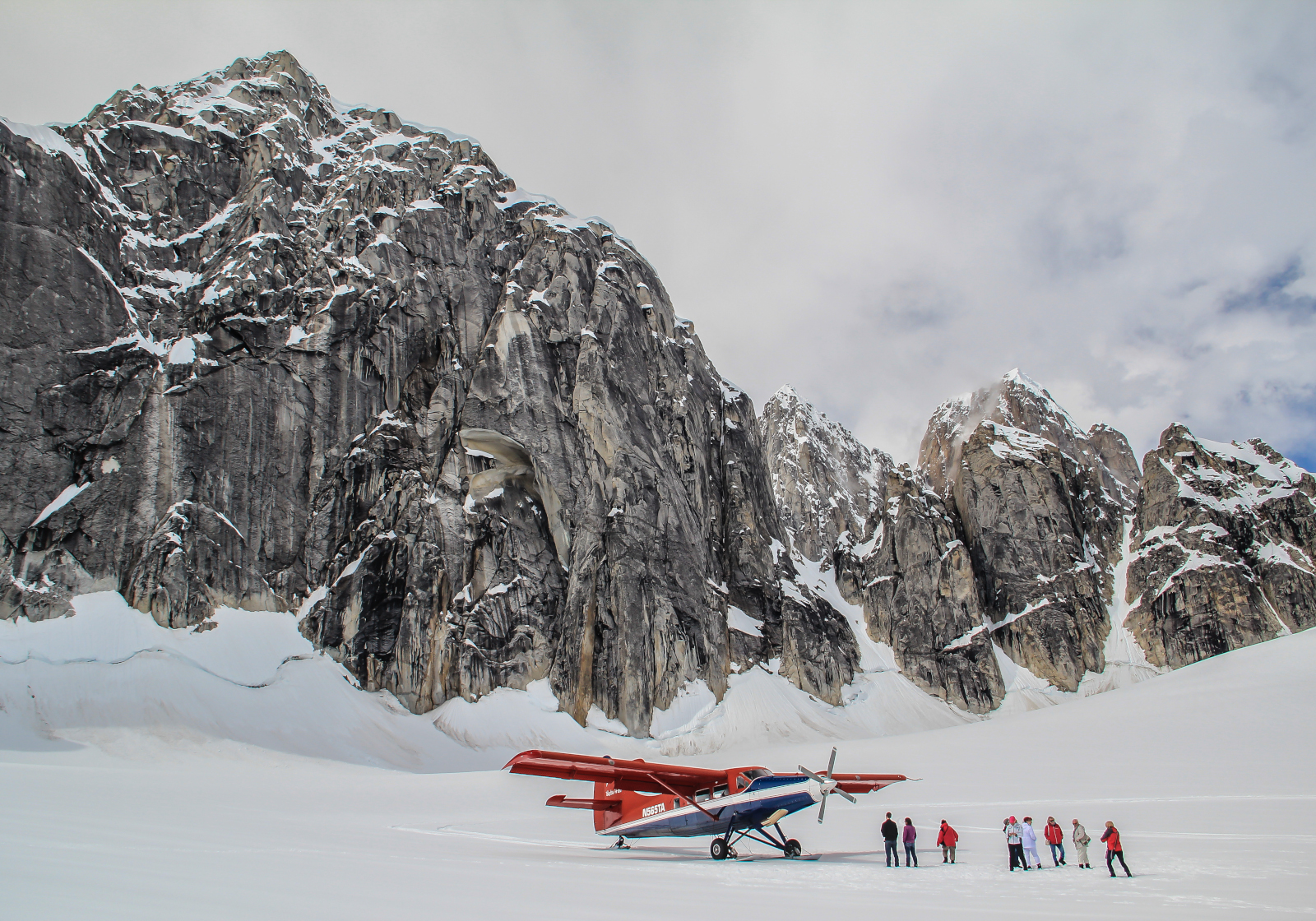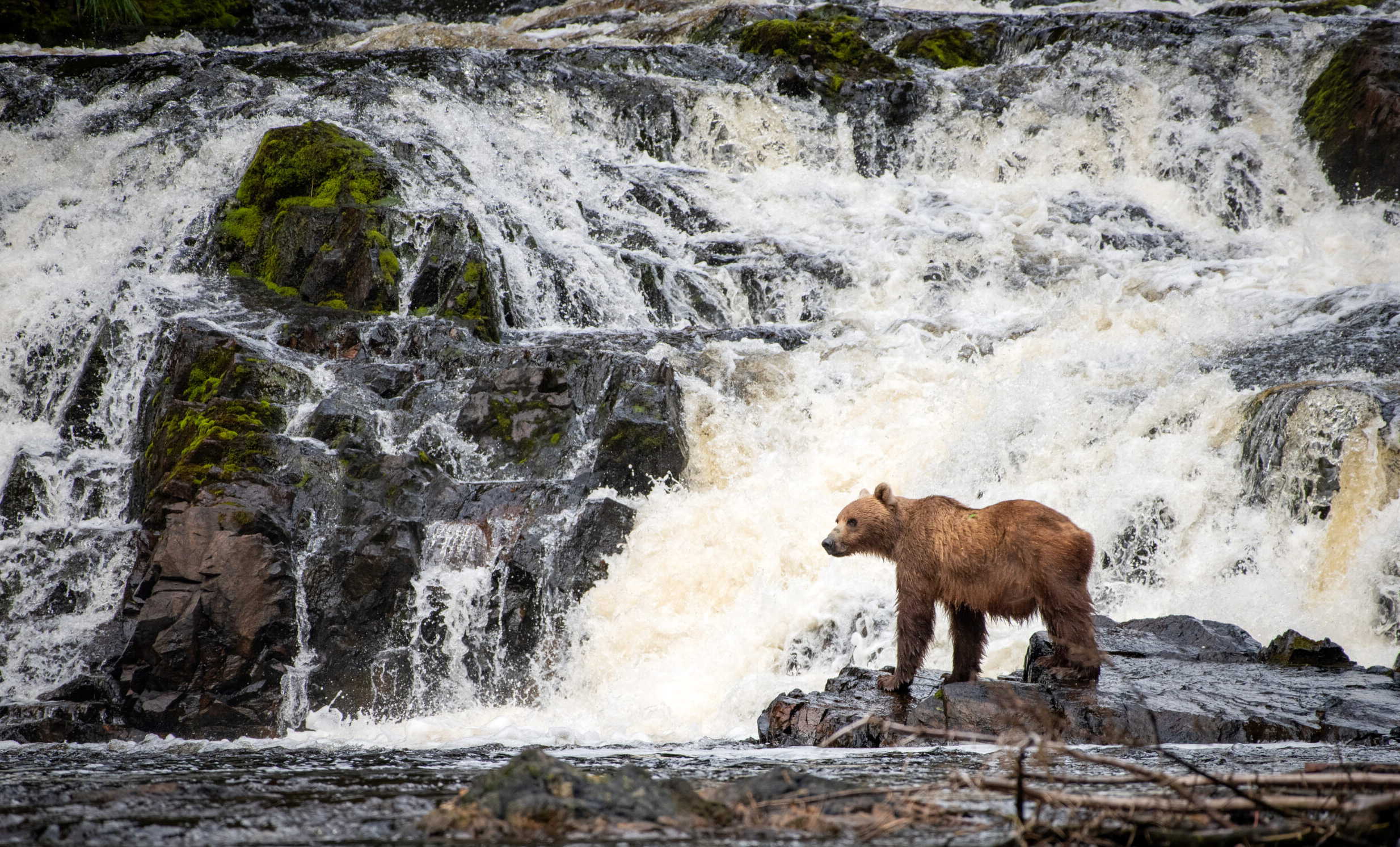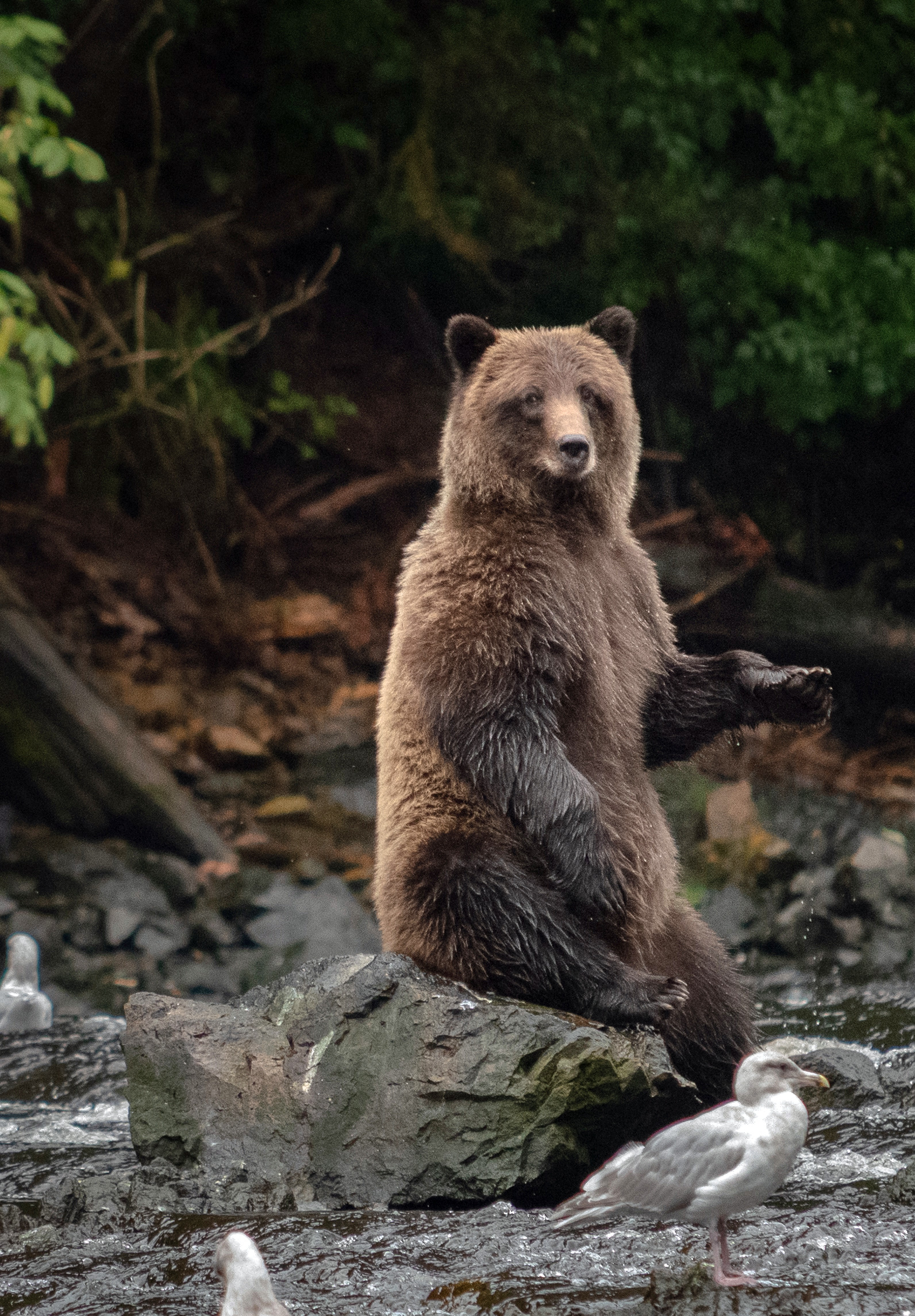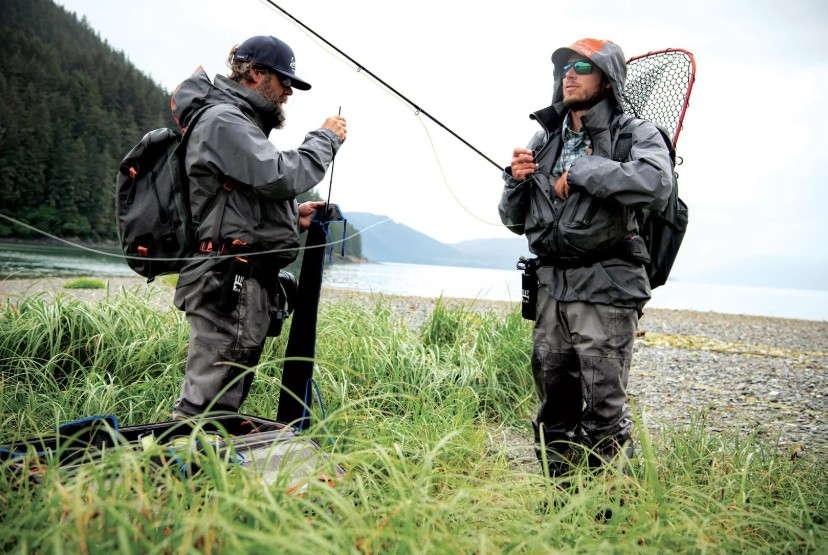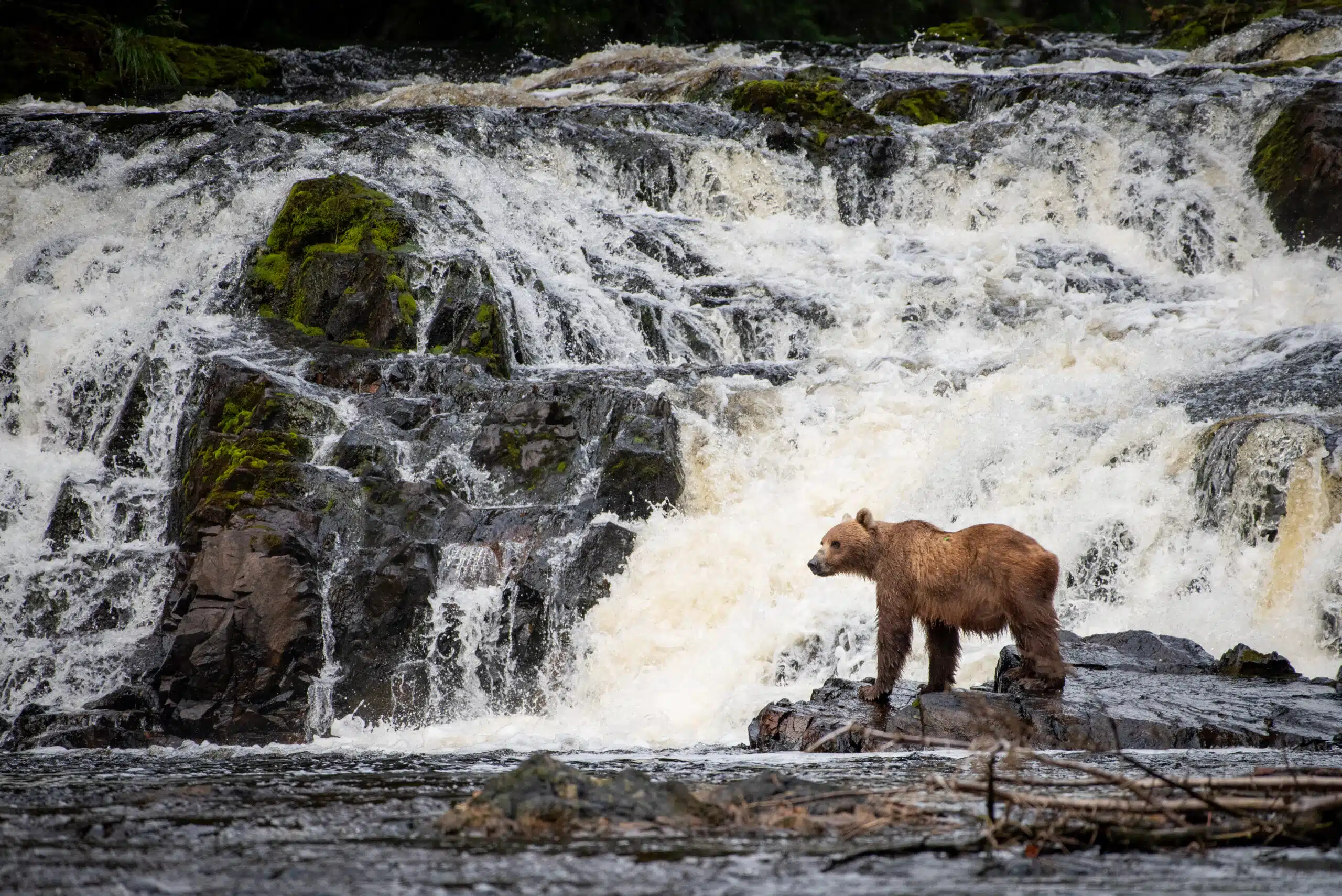According to IMARC Group, the global adventure tourism market was valued at an impressive $476 billion in 2024.
Excursions comprise a significant portion of this industry, as they provide short, guided experiences that are packed with adventure, nature, and local culture. These trips are ideal for travelers who want to explore more without having to plan every detail. You and your family might be going on a short vacation, and excursions in Juneau, Alaska, are one of the best ways to enjoy it.
With stunning wilderness, rich wildlife, and expert-led tours, Juneau has something for everyone. But you might wonder which areas are worth visiting. Below are the top picks for unforgettable excursions in Juneau, Alaska.
Juneau Fishing Trips
Fly-out fishing trips take you deep into Alaska’s wild streams by floatplane, far from the crowds. These adventures are great for beginners and experienced anglers. You’ll fish for salmon, Dolly Varden, and cutthroat trout in remote waters filled with wildlife.
Bear Creek Outfitters provides all the gear, guides, and transport. Your guide adjusts the trip to your skill level and offers helpful casting tips. Most trips follow a catch-and-release policy to protect fish populations.
With stunning views and quiet surroundings, the trip offers more than just fishing. It’s one of the Alaska adventure tours that lets you connect with nature in a personal way. If you’re looking for hands-on action in the wilderness, this is a great way to spend your day in Juneau.
Bear Watching
Bear-watching is one of the most thrilling experiences you can have in Juneau. Few sights match the power and beauty of a bear catching salmon in the wild. In and around Juneau, there are several top spots where you can safely witness this amazing behavior:
- Steep Creek at Mendenhall Glacier
- Pack Creek Bear Sanctuary on Admiralty Island
- Fish Creek near Douglas Island
- Peterson Creek in Auke Bay
- Windfall Creek Trail near Herbert River
After visiting any of these spots, you’ll quickly see why bear-watching is a highlight of Alaska travel. Elevated boardwalks, ranger-led access, and natural salmon runs make these areas ideal for viewing. The best months are July through September, especially in the early morning or evening hours.
Among all the bear tours in Juneau offers, these excursions deliver wild, real encounters that you’ll never forget. For safety, stay quiet, follow signs, and never try to approach the animals. Park rangers are available to guide you.
Whale Watching Tours
Seeing humpback whales rise and splash across the ocean is a once-in-a-lifetime experience. Juneau’s whale-watching tours are some of the best in the world. These tours usually happen on small boats with large, open viewing decks.
They’re led by local captains who know where to find the whales. Summer is the best time to go, as you may see:
- Humpback whales
- Orcas
- Sea lions
- Porpoises
Many tours include underwater microphones so you can hear the whales as they communicate. Guides also share fun facts about marine life, local history, and the methods used to protect the ecosystem. Don’t forget your camera–these are moments you’ll want to capture.
Whale watching gives you a peaceful, close-up look at ocean life. It’s one of the most loved excursions for families and nature lovers alike.
Ice Caves and Hiking
Exploring the ice caves near Mendenhall Glacier is one of the most stunning Alaska adventure tours you can take. These glowing blue and white caves sit beneath the glacier and feel like something from another world.
To reach them, you’ll take a moderate hike through forest trails, rocky slopes, and icy ground. Guided tours are highly recommended and often include:
- Helmets
- Safety gear
- Clear instructions
- Crampons or ice grips for your boots
- A trained guide familiar with glacier terrain
Along the way, you may see waterfalls, glacier views, or even mountain goats. The caves constantly shift and change, making each visit unique. That change adds both wonder and challenge.
You don’t need to be an expert hiker, but good fitness helps. If you’re looking for something wild, beautiful, and unforgettable, ice cave hiking is the perfect choice.
Mount Roberts Tramway and Nature Trails
For panoramic views and easy access to nature, take a ride on the Mount Roberts Tramway. It lifts you 1,800 feet above sea level, revealing views of the Gastineau Channel, forested mountains, and downtown Juneau. Once at the top, you’ll find nature trails ranging from easy walks to longer hikes.
Along the way, you may see marmots, eagles, and alpine wildflowers. A visitor center offers exhibits on Tlingit culture and native plants. Whether you want to hike, relax at the mountaintop cafe, or simply enjoy the view, there’s something for everyone.
It’s a great half-day trip for families or anyone looking for a balance of comfort and adventure. Don’t forget to bring a jacket–the weather changes quickly at higher elevations.
Waterfalls and Wonders
Juneau is packed with natural beauty, and Nugget Falls is one of its highlights. Found near Mendenhall Glacier, this tall, rushing waterfall flows into a glacial lake. The short trail to the falls is flat, easy, and wheelchair accessible, making it perfect for families.
Along the way, you might spot spawning salmon or soaring eagles. Many guided tours include Nugget Falls, along with other scenic stops. Some even combine history, geology, and wildlife viewing in one trip.
If you’re looking for a bear tour that Juneau visitors love, a combo tour may include that, too. Nugget Falls is ideal for quick excursions full of power, calm, and classic Alaskan views.
Excursions in Juneau, Alaska: Unforgettable Adventures in the Wild
From glacier hikes to bear viewing and fly-out fishing, excursions in Juneau, Alaska, offer something for every type of explorer. Whether you’re drawn to ice caves, waterfalls, or wildlife, Juneau delivers a perfect mix of scenery, adventure, and peace.
At Bear Creek Outfitters, we’ve spent nearly 30 years crafting unforgettable wilderness trips. We’re proud locals, and our small-group adventures reflect our deep knowledge of Juneau and the Tongass National Forest.
Our expert guides bring years of hands-on experience to every tour, making your trip both safe and memorable. Contact us today to start planning your perfect Alaskan experience.
